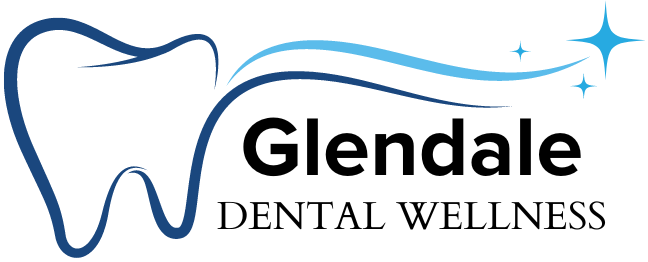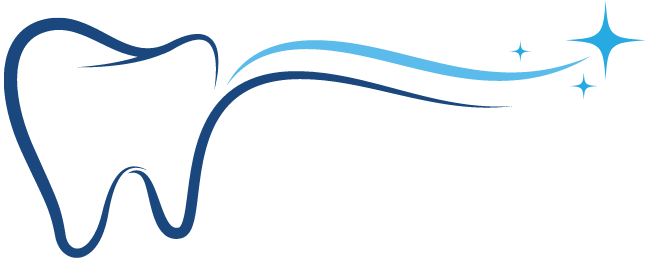

26
Jan
Affected by the CPAP Recall? 4 Reasons to Make the Switch to Oral Appliance Therapy

In 2021, Philips Respironics BiPAP and CPAP machines were recalled due to the chemicals in the foam that helped reduce sound and vibrations breaking down and causing long-term health problems. It impacted over 2 million people in the country because they needed to either search for a new device or wait for theirs to be repaired or replaced by the company. If you were affected by this recall, you may have considered a safer, more reliable treatment option for sleep apnea, like oral appliance therapy. Read on to learn four reasons why you should make the switch to oral appliance therapy.
Easy to Travel With
Oral appliances are a great option if you find yourself on the go. Instead of having to drag around a bulky CPAP device when you visit family and stay at hotels, all you’ll need to do is secure your appliance in a hard, protective case and pack it in your suitcase with all of your other belongings. This can also minimize your time in the TSA line since it’s a simple mouthguard.
Noise-Free Appliances
One of the biggest complaints about CPAP devices is that they make noise, which can make it difficult to fall asleep. In fact, that’s why Philips Respironics noise-reducing foam that got recalled was necessary. When you choose oral appliance therapy, you won’t have to worry about putting a bulky mask on your face or doing your best to fall asleep to a noisy machine sitting directly next to you. All you do is simply place it in your mouth.
FDA-Approved Appliance Designs
The FDA has approved countless oral appliance designs for the treatment of sleep apnea. In fact, the American Academy of Sleep Medicine, as well as the American Academy of Dental Sleep Medicine, also recognize oral appliance therapy as an alternative treatment for sleep apnea for patients who aren’t able to tolerate CPAP therapy.
With dozens of different designs to choose from, patients are able to address their specific needs in a single, customized oral device.
Minimize Undesirable Side-Effects
CPAP devices are highly effective in relieving patients’ sleep apnea symptoms. However, in many cases, they can cause undesirable side effects that can lead to daily discomfort and inconveniences, like headaches, dry mouth, nosebleeds, skin irritation, and even sinus infections.
When you choose oral appliance therapy, you can minimize the occurrence of undesirable effects from your sleep apnea treatment. This is because each one is custom-made for your oral anatomy, improving your comfort, all while addressing your symptoms.
About the Author
Dr. Robert Sue completed his Doctor of Dental Surgery at the Herman Ostrow School of Dentistry of the University of Southern California. He has pursued advanced training through prestigious post-graduate programs, including SPEAR and the Pankey Institute, to be able to offer specialized treatments like sleep apnea therapy. He is also an Elite Member of Dental Sleep Masters. For questions or to schedule a consultation to learn more about oral appliance therapy, visit Glendale Dental Wellness Center’s website or call 818-243-3838.


